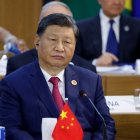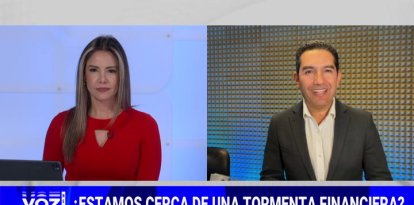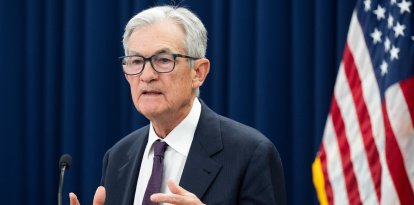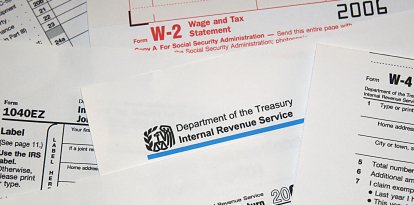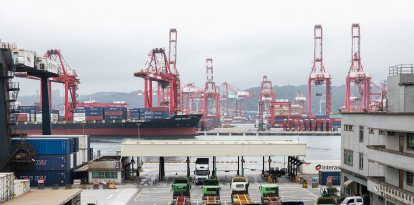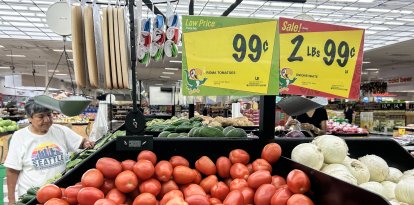TRADE TARIFF
Chinese tariffs on U.S. agricultural products go into effect
The trade war between the two major world powers escalates following the start of Beijing's special levies on U.S. chicken, pork and grain.

A field in Centreville, Maryland.
The trade war escalated a step further on Monday with the entry into force of tariffs imposed by Beijing on U.S. agricultural products. The Chinese Communist Regime's response to the Trump Administration's increase in levies on its goods includes new taxes of between 10 and 15%.
In addition, the Chinese government also announced that it had blocked access to 15 U.S. companies from purchasing Chinese products, unless it granted special permission to each of them to continue their business. The affected companies include an Armed Forces drone supplier. Beijing also said it had banned 10 other companies from doing business in its territory.
Levies between 10 and 15% on U.S. goods
As announced from China last week, the Chinese tariffs include a 15% levy on U.S. products such as chicken, wheat and corn, as well as 10% on products such as soybeans, pork, beef and fruit. However, the new taxes will not apply to those goods that had already been shipped before Monday and imported before April 12, a spokesman for the communist executive said.
Who has the most to lose in the China-U.S. tussle?
A priori, China has more to lose than the US in this war, according to experts. On the one hand, analysts consulted by AFP point out that the Asian giant sells many more products in the US than US consumers buy from them. In addition, the Chinese Communist Regime has been dragging along economic problems for some time now, such as the weak foreign investment and the real estate crisis, which add to weak domestic consumption and a high youth unemployment rate.
For its part, China is using tariff penalties to target Trump’s electoral base, although leaving a door to agreement by not applying more aggressive rates, The New York Times notes. In addition, the Communist executive has previously played the trump card of reducing taxes for companies exporting to the U.S., so that they can keep prices low for their products at their destination, as well as taking advantage of the so-called "de minimis rule," which exempts from tariffs packages whose value is equal to or less than US $800. Although President Trump has tried to do away with it, its elimination has proved too difficult to implement in practice.





